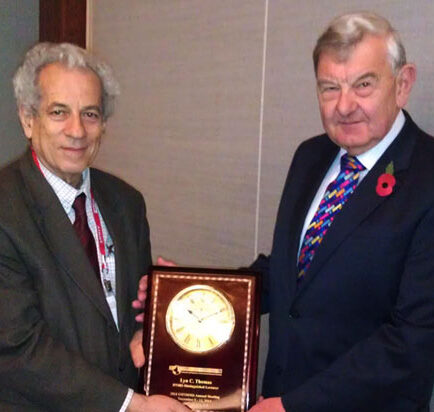Lyn C. Thomas
Title of Presentation: Credit Where Credit is Due: Lessons for O.R. Modelling from the Global Financial Crisis
INFORMS Conference
San Francisco
November 2014
Abstract:
Credit scoring, the operations research and statistical models used to assess the default risk in consumer lending, has proved essential to the growth in consumer credit experienced in the last fifty years. It has also seen the development of methodologies and ways of model assessment that have proved fundamental in data mining applications from prison parole to intensive care treatment. It is also an early example of the use of “quite big data.” Initially credit scoring was used to ensure consistent and optimal accept/reject decisions when new customers requested loans. The approach was extended to assess the default risk of existing customers; to assess whether customers would pay off their loan early or move to other lenders; and to risk- based pricing. The advent in 2006 and 2013 of the Basel II and Basel III banking regulations meant scoring models became essential in setting the capital require- ments of banks and this has introduced new areas of research. Yet credit scoring together with the models used by rating agencies to assess the default risk of portfolios of consumer loans are highlighted in the debate on the causes of the subprime mortgage crash and the subsequent global financial crisis. Identifying the performance of these models during this period leads to a number of lessons which are relevant to Operations Research modelling in many areas. These include whether models should be publically available and the need to recognize when the objectives of the model are no longer in line with those of the real problem.
Bio
Lyn Thomas has been Professor of Management Science at the University of Southampton since 2000. He was Professor of Management Science atthe University of Edinburgh from 1985-2000. He served as President of the Operational Research Society (1994-1995). Thomas is a fellow of the Royal Society of Edinburgh 1992, member of the EPSRC College (since 1995), and previously a member of the EPSRC Mathematics Committee and Chairman of the Operational Research Panel. He was a member of DSAC Operations Analysis Board (2001-2012).

